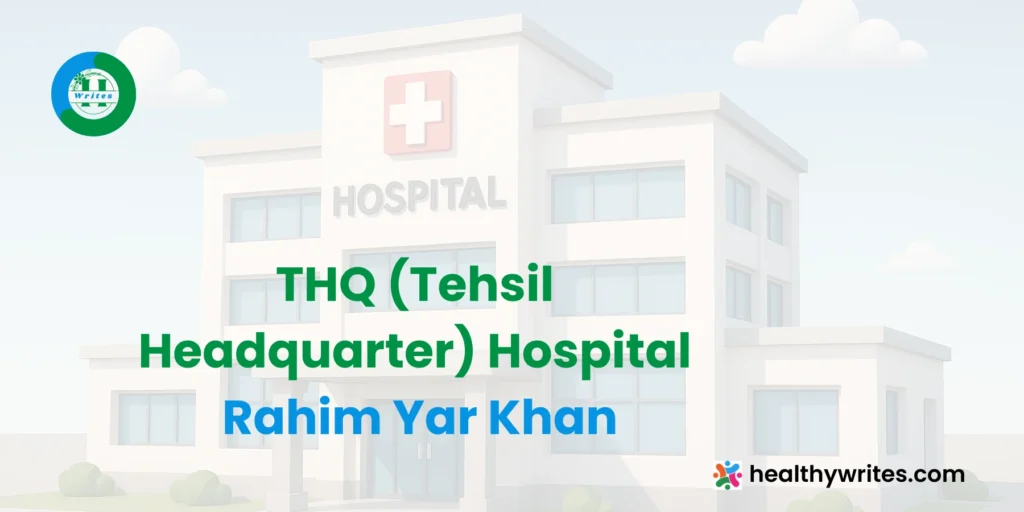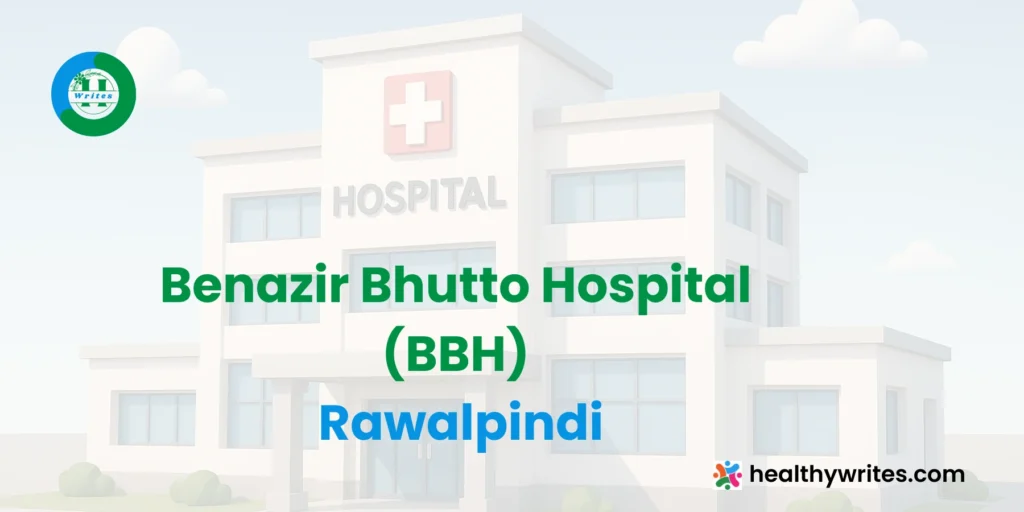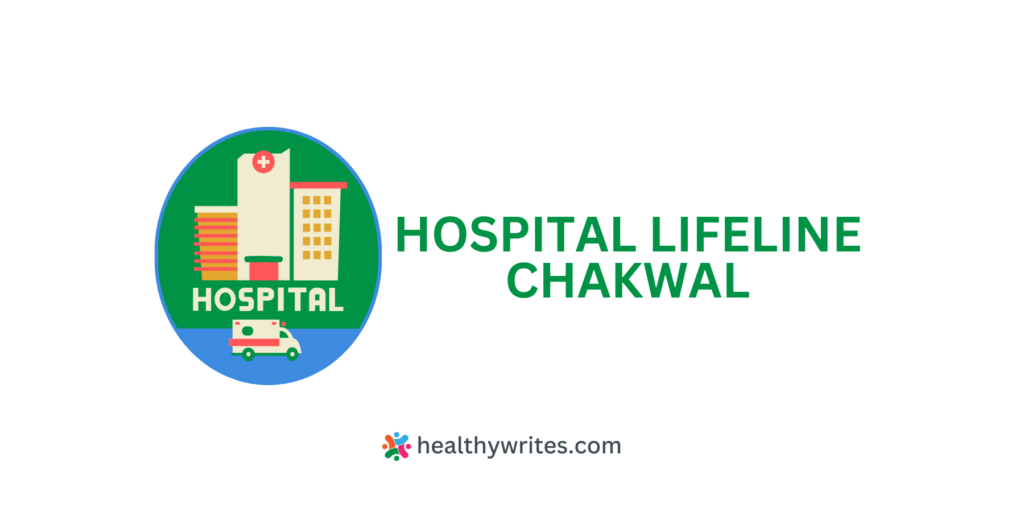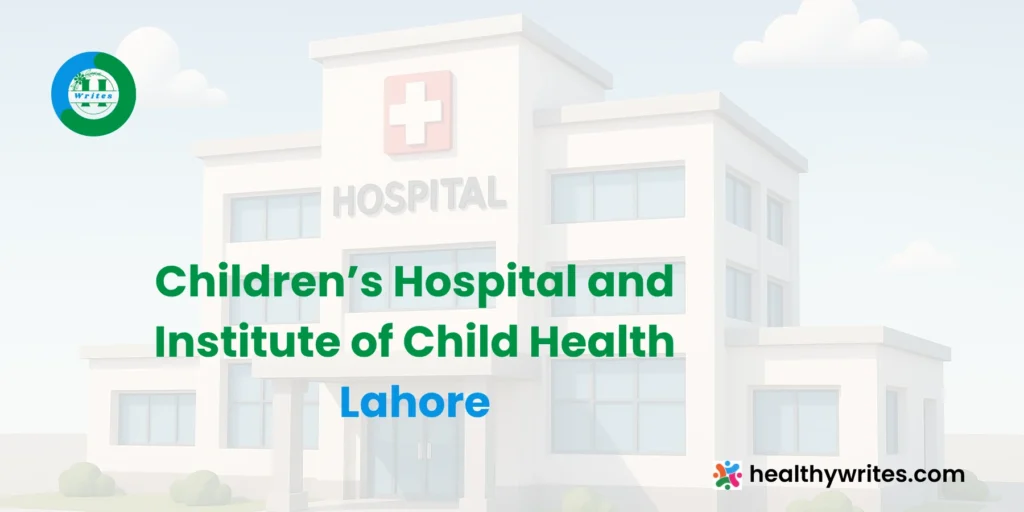A THQ (Tehsil Headquarter) Hospital is an essential public healthcare institution in Pakistan, strategically located to serve as the main hospital for a tehsil — an administrative sub‑division of a district. Designed to bring secondary healthcare closer to semi‑urban and rural communities, THQ hospitals act as vital links between smaller Basic Health Units (BHUs) and larger District Headquarter (DHQ) hospitals.
Purpose and Vision
The primary mission of a THQ hospital is to ensure equitable access to quality medical services at the local level, reduce the need for patients to travel long distances, and help manage public health challenges within the community. By offering a balance of preventive, diagnostic, and curative services, these hospitals aim to improve health outcomes and enhance patient convenience.
Key Services Offered
THQ hospitals typically provide a broad range of healthcare services, including:
- General Medicine: Outpatient clinics and inpatient care for common and chronic illnesses.
- General Surgery: Elective and emergency surgical procedures such as appendectomies, hernia repairs, and wound management.
- Obstetrics & Gynecology: Comprehensive maternity care including antenatal checkups, normal and cesarean deliveries, postnatal support, and family planning counseling.
- Pediatrics: Child healthcare, immunization, growth monitoring, and treatment of childhood illnesses.
- Emergency Services: 24/7 coverage for trauma cases, obstetric emergencies, and acute medical conditions.
- Basic Orthopedics: Initial assessment and management of fractures and bone injuries.
- ENT & Ophthalmology: Diagnosis and minor procedures for ear, nose, throat, and eye problems.
- Laboratory & Imaging: Essential diagnostic services including blood tests, urine analysis, digital X‑ray, and ultrasound scanning.
- Pharmacy: Dispensing of essential and emergency medicines directly to patients.
Facilities & Infrastructure
A typical THQ hospital includes general wards, private rooms (where available), maternity and labor rooms, operation theaters, emergency bays, pediatric wards, and separate outpatient consultation rooms. Dedicated diagnostic sections and pharmacies support timely treatment and follow-up.
Staffing & Medical Team
THQ hospitals are staffed by medical officers, specialist doctors (including gynecologists, surgeons, pediatricians, and anesthetists), nurses, paramedics, laboratory technicians, and administrative personnel — all working together to deliver round‑the‑clock patient care.
Community Engagement and Public Health
Beyond clinical services, THQ hospitals often host vaccination drives, maternal and child health awareness campaigns, and screening camps for diseases like diabetes and hypertension. These initiatives play a crucial role in early disease detection and prevention.
Role in the Health System
Positioned between primary care centers (like BHUs and Rural Health Centers) and tertiary referral hospitals, THQ hospitals help decongest larger urban hospitals by managing moderate‑complexity cases locally. When highly specialized treatment is needed, patients are referred seamlessly to DHQ hospitals or tertiary institutions.
Patient‑Centered Care Approach
THQ hospitals emphasize respect, dignity, and cultural sensitivity. Efforts are made to communicate diagnoses and treatment plans clearly to patients and their families, empowering them to make informed decisions about their care.
Challenges and Development Efforts
Like many public institutions, THQ hospitals may face challenges such as limited budgets, staffing shortages, and high patient loads. However, government programs, donor support, and public‑private partnerships are continuously working to upgrade equipment, improve infrastructure, and strengthen service delivery.
FAQs about THQ (Tehsil Headquarter) Hospitals
Are THQ hospitals open 24/7?
Yes. Emergency departments typically operate round‑the‑clock to handle urgent medical, surgical, and obstetric emergencies.
Is care provided free of charge?
Most core services and essential medicines are provided either free or at subsidized rates, as part of Pakistan’s public health system.
Can patients receive maternity care?
Yes. THQ hospitals offer antenatal care, normal deliveries, cesarean sections, and postnatal support for mothers and newborns.
Do these hospitals perform surgeries?
Yes. They carry out routine surgical procedures, minor operations, and emergency interventions for conditions like appendicitis or obstetric complications.
What happens if specialized treatment is required?
Patients needing advanced care are referred to DHQ hospitals or tertiary medical institutions with specialist departments.
Conclusion
THQ (Tehsil Headquarter) Hospitals play an indispensable role in Pakistan’s public healthcare system by bringing essential and emergency medical services closer to millions living outside major cities. Through dedicated teams, core specialties, and outreach efforts, they help improve community health and bridge critical gaps in healthcare delivery.





